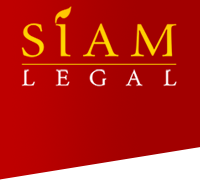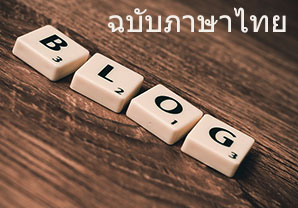Condominium Ownership by Foreigners

Buying condominium in Thailand is a particularly attractive option for foreigners wishing to reside in Thailand since, unlike the ownership of land, Thai law does not prevent foreigners from gaining freehold ownership of condominium units. However, Thai law still restricts foreign ownership of condominium units to the extent that it prohibits foreigners from owning more than 49% of the total area of a condominium project and it requires foreigners to qualify for condominium ownership. Specifically, Section 19 of the Condominium Act of B.E. 2522 (1979), specifies different categories of foreigners who are allowed to own a condominium unit.
The most common manner in which foreigners qualify for condominium ownership pursuant to Section 19 is through subsection 5, which specifies an “Alien or [alien juristic person] who brings foreign currency into the Kingdom or withdraws money from the Thai Baht account of a person who resides outside the country, or withdraws money from a foreign currency deposit account.” Furthermore, paragraph 3 of Section 19 states that the prospective foreign owner must present evidence that the amount of money is not less than the value of the condominium unit which is to be purchased.
Land Department Regulation Relating to the Ownership of Condominium Units by Aliens and Juristic Persons which the Law Considers Aliens of B.E. 2547 (2004) details the evidence that must be presented to the competent official by a prospective foreign owner. Section 5.5.1(6) specifies that where foreign currency is brought into Thailand from April 1, 2004 to the present, evidence must be presented as follows: if the value of the foreign currency is either 50,000 USD or the equivalent or more, evidence of a foreign currency transaction must be presented (in other words, a Tor Tor 3, or Foreign Exchange Transaction Form).
However, if the value of the foreign currency is less than 50,000 USD or the equivalent, the regulation specifies that written evidence issued from an authorized purchaser of foreign currency certifying that it has purchased the foreign currency may be presented. Section 5.5.2 deals with foreigners who withdraw money from the Thai Baht account of a non-resident. The Section states that regardless of whether the account belongs to an alien, the foreigner may present evidence of a written statement from a commercial bank certifying that the money was withdrawn from a Thai Baht account belonging to a person residing outside of the country. Section 5.5.3(4) states that where the money is withdrawn from a foreign currency deposit account, the evidence must be presented as follows: if the amount of money is 50,000 USD or the equivalent or more, evidence of a foreign currency transaction issued by a commercial bank must be presented. If the amount is less than 50,000 USD, then written evidence issued by a commercial bank that it has purchased the foreign currency may be presented.
Section 5 also states that in instances where a foreign purchaser transfers money into the country by wire transfer or by transferring money into the deposit account of the condominium project owner, even without having actually entered the country or setting up a deposit account in the country, a Tor Tor 3 form may be used as evidence, where it clearly specifies that the condominium project owner is the recipient of the money and that the purpose of the transfer is for the purchase of a condominium in Thailand. Finally, Section 5 makes clear that in all cases, the amount of money transfer cannot be less than the cost of the condominium unit itself.
Category: Condominium, Property
About the Author (Author Profile)
Siam Legal is an international law firm with experienced lawyers, attorneys, and solicitors both in Thailand law and international law. This Thailand law firm offers comprehensive legal services in Thailand to both local and foreign clients for Litigation such as civil & criminal cases, labor disputes, commercial cases, divorce, adoption, extradition, fraud, and drug cases. Other legal expertise of the law firm varied in cases involving corporate law such as company registration & Thailand BOI, family law, property law, and private investigation.











